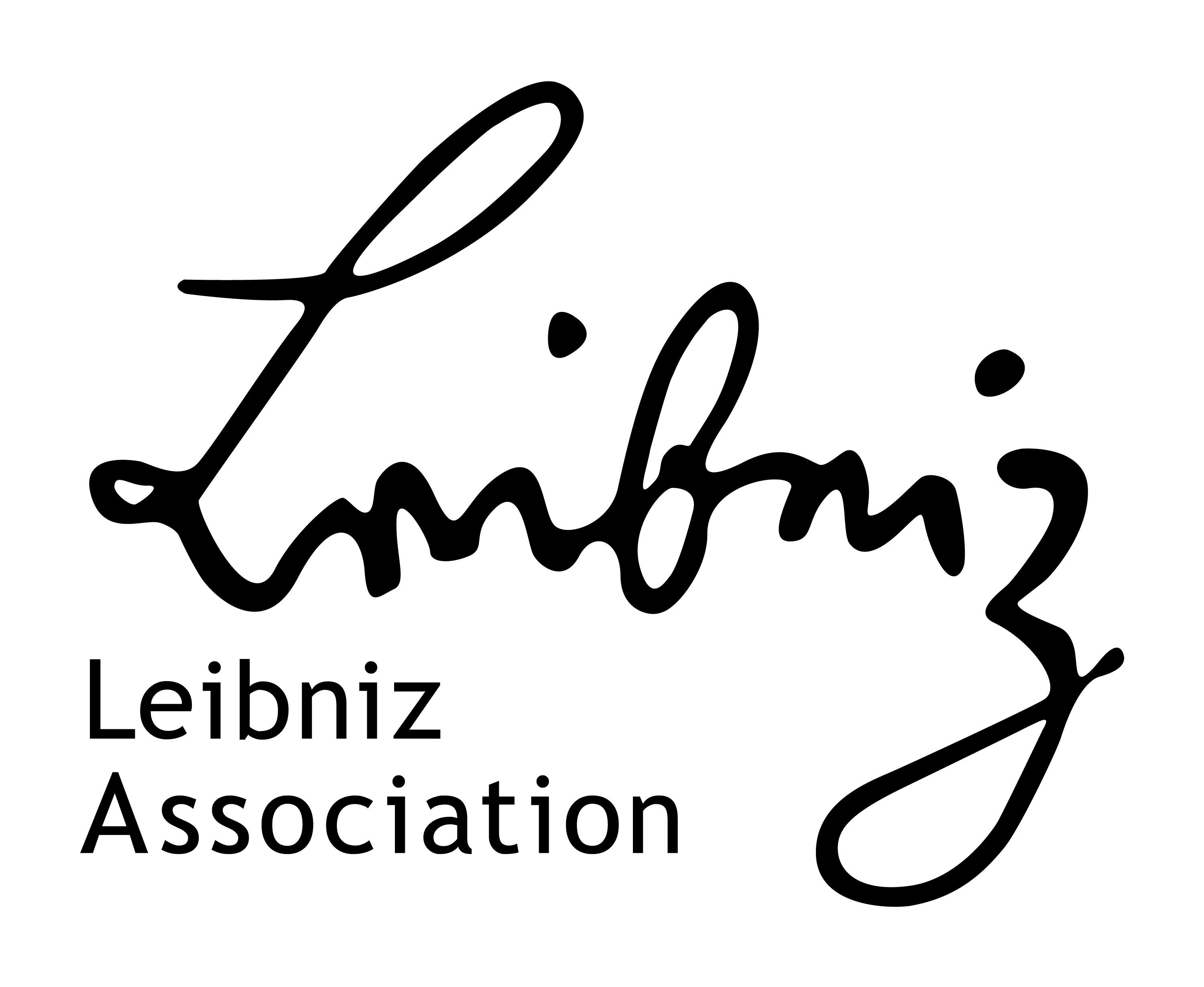
1971
Research Group Leader and Head of Clinical Investigation Center (CIC), Leibniz Institute for Resilience Research (LIR), Mainz, Germany
Chair and Director, Department of Psychiatry, Psychotherapy and Psychosomatic Medicine University Medicine Halle (Saale) of the Martin Luther University Halle-Wittenberg (MLU) and German Center for Mental Health (DZPG), partner site Halle-Jena-Magdeburg, Halle (Saale), Germany
Medical School, University of Bochum, Germany
Medical School, University of Heidelberg, Germany
Habilitation for Neurology: “Neurobehavioral mechanisms of emotion processing” University of Freiburg, Germany (supervisor: Prof. C. Weiller)
Graduate program in Molecular and Cellular Neurobiology, equivalent to American M.D./Ph.D. programs, Prof. Dr. W. B. Huttner, Department of Neurobiology, University of Heidelberg, Germany, graduated 02/2002 with Dr. med.
W3-Professor of Psychiatry and Psychotherapy at the Medical Faculty of Martin Luther University Halle-Wittenberg (MLU), Germany
Clinician Adjunct (PI), Institute for Molecular Biology (IMB), Mainz
Research Group Leader and Head of the Clinical Investigation Center (CIC) at the Leibniz Institute for Resilience Research (LIR), Mainz, Germany
Research Group Leader and Head of the Clinical Investigation Center (CIC) at the German Resilience Center (DRZ) Mainz, Germany
W2-Professor of Clinical Resilience Research at the Department of Psychiatry and Psychotherapy, University Medical Center of the Johannes Gutenberg University Mainz and the German Resilience Center (DRZ) Mainz
Vice-chair, Dept. of Psychiatry, University Medical Center of the Johannes Gutenberg University Mainz, Germany
Director, Clinical Investigation Center (CIC), DRZ Mainz, Germany
Attending in Psychiatry and Psychotherapy
Board certification for Psychiatry and Psychotherapy
Director, Center for Clinical Trials on Mental Disorders
Lab head, Emotion Regulation and Impulse Control Imaging Group (ERIC)
Board certification for Neurology
Residency, Dept. of Psychiatry, Prof. Dr. K. Lieb, University Medical Center of the Johannes Gutenberg University Mainz, Germany
Residency, Dept. of Psychiatry, Prof. Dr. M. Berger, University of Freiburg, Germany
Head, Emotion Regulation and Impulse Control Imaging Group (ERIC) at the Freiburg Brain Imaging, University of Freiburg, Germany
Residency, Dept. of Neurology, Prof. Dr. C. Weiller, University of Freiburg, Germany
Postdoc and supervised consultant service Div. of Neuropsychiatry, Department of Psychiatry, Prof. Dr. D. Silbersweig, Weill Medical College of Cornell University, New York, NY, USA
Residency (22 months), Departement of Neurology, Prof. Dr. C. Weiller, UKE, University of Hamburg, Germany
Secondo loco appointment listing for W3-Prof. (Chair), Univ. Oldenburg
EU2020-777084 “DynaMORE” personalised in-silico model of mental health in the face of adversity, e.g., stress resilience, Work package leader
Quarto loco appointment listing for W3-Prof. (Chair), Univ. Lübeck
DFG-CRC 1193 Neurobiology of resilience PI SP C04 with M. Wibral
Secondo loco appointment listing for W2-Prof. Psychiatry, Univ. of Würzburg
PI (Functional Imaging) BMBF-Collaborative Research Project Normal aging: „Transfer of cognitive training gains in cognitively healthy aging“
Landesförderung Stiftung Rheinland-Pfalz für Innovation: „Mainzer Resilienz-Projekt (MARP)“ Kalisch, Lieb, Nitsch, Zipp, Mobascher, Tüscher
DAAD-Stipend IAS-Programm
DFG-Stipend Graduiertenkolleg Molekulare und zelluläre Neurobiologie
Studienstiftung des deutschen Volkes
Petri-Romão P, Mediavilla R, Restrepo-Henao A, Puhlmann LMC, Zerban M, Ahrens KF, Barbui C, Basten U, Bayón C, Chmitorz A, Felez-Nobrega M, Kollman B, Lieb K, McDaid D, McGreevy KR, Melchior M, Muñoz-Sanjosé A, Neumann R, Park A-L, Plichta MM, Purgato M, Reif A, Schenk C, Schick A, Sebastian A, Sijbrandij M, Smith P, Tüscher O, Wessa M, Yuen KSL, Haro JM, Ayuso-Mateos JL, Kalisch R (2025) Evidence for a role for positive appraisal style in stress resilience. Nat Commun. Accepted in principle
Zhao N, Vogel DL, Kubiak T, Mey LK, Morello K, Tüscher O (2025) Self-compassion in the moment: Dynamic changes of compassionate and uncompassionate self-responding in daily life. J Couns Psychol. doi: 10.1037/cou0000798. Epub ahead of print.
>> Link to PubmedAdorjan K, Dong MS, Wratil PR, Schmacke NA, Weinberger, Steffen J, Osterman, A, Choukér A, Mueller TT, Jebrini T, Wiegand HF, Tüscher O, Lieb K, Hornung V, Falkai P, Klein M, Keppler OT, Koutsouleris N (2024) Development and Validation of a Simple Tool for Predicting Pandemic-Related Psychological Distress Among Health Care Workers. J Technol Behav Sci. 9, 552–566. doi: 10.1007/s41347-023-00380-9
>> Link to articleAhrens KF, Schenk C, Kollmann B, Puhlmann LMC, Neumann RJ, Schäfer SK, Reis D, Basten U, Weichert D, Fiebach CJ, Lutz B, Wessa M, Repple J, Lieb K, Tüscher O, Reif A, Kalisch R, Plichta MM (2024) Resilience to major life events: Advancing trajectory modeling and resilience factor identification by controlling for background stressor exposure. Am Psychol. 79(8):1076-1091. doi: 10.1037/amp0001315
>> Link to PubmedAndres E, Chuan-Peng H, Gerlicher AMV, Meyer B, Tüscher O, Kalisch R (2024) Replication study on the role of dopamine-dependent prefrontal reactivations in human extinction memory retrieval. Nat Commun. 15(1):2699. doi: 10.1038/s41467-024-46936-y
>> Link to PubmedFischer FU, Gerber S, Tüscher O (2024) Alzheimer’s Disease Neuroimaging Initiative. Mathematical model of the Alzheimer's disease biomarker cascade demonstrates statistical pitfall in identifying surrogates of cognitive reserve. iScience. 27(11):111188. doi: 10.1016/j.isci.2024.111188
>> Link to PubmedMarciniak MA, Shanahan L, Yuen KSL, Veer IM, Walter H, Tuescher O, Kobylińska D, Kalisch R, Hermans E, Binder H, Kleim B (2024) Burst versus continuous delivery design in digital mental health interventions: Evidence from a randomized clinical trial. Digit Health. 10:20552076241249267. doi: 10.1177/20552076241249267
>> Link to PubmedPetri-Romão P, Engen H, Rupanova A, Puhlmann L, Zerban M, Neumann RJ, Malyshau A, Ahrens KF, Schick A, Kollmann B, Wessa M, Walker H, Plichta MM, Reif A, Chmitorz A, Tuescher O, Basten U, Kalisch R (2024) Self-report assessment of Positive Appraisal Style (PAS): Development of a process-focused and a content-focused questionnaire for use in mental health and resilience research. PLoS One. 19(2):e0295562. doi: 10.1371/journal.pone.0295562
>> Link to articleReinwarth AC, Wicke FS, Rückert KK, Schattenberg JM, Tüscher O, Wild PS, Münzel T, König J, Lackner KJ, Pfeiffer N, Beutel ME (2024) Change of self-rated physical health predicts mortality in aging individuals: results of a population-based cohort study. Arch Public Health. 82(1):130. doi: 10.1186/s13690-024-01363-9
>> Link to PubmedWenzel M, Ringwald WR, Kaurin A, Tüscher O, Kubiak T, Wright AGC (2024) Neuroticism is Associated With Greater Affective Variability at High Levels of Momentary Affective Well-Being, but With Lower Affective Variability at Low Levels of Momentary Affective Well-Being. J Pers. doi: 10.1111/jopy.12972. Online ahead of print.
>> Link to Pubmed




